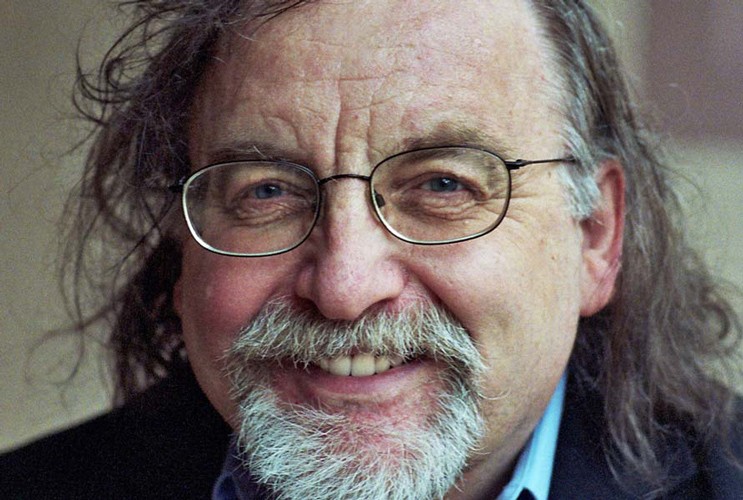While not quite a musical scandal on the level of the premiere of Stravinsky’s Rite of Spring, the first performance of Brian Ferneyhough’s La Terre Est Un Homme in Glasgow in 1979 is remembered as a disaster; sabotaged, so the story goes, by the orchestra’s hostility to a score of such challenging density. The London premiere a few weeks later, conducted by no less than Claudio Abbado in his inaugural concert as principal conductor of the LSO, seems to have been only a marginal improvement, and together they confirmed Ferneyhough’s reputation for producing music of unrealisable and incomprehensible complexity.
In the UK at least, he’s remained a remote and often misunderstood figure, but the BBC Symphony Orchestra’s revival of La Terre Est Un Homme in 2011 went a long way to redressing the balance. A recording of that outstanding performance, conducted with astonishing lucidity by Martyn Brabbins, dominates this NMC disc, confirming La Terre as one of the most remarkable orchestral achievements of the last half-century.

Ferneyhough borrowed his title from a 1942 painting by the Chilean surrealist Roberto Matta, a desert landscape that reminded the composer of a recent dream, and an image of “leaden, slowly moving sand and sudden flashes of intensely coloured movement”. The impression left by this teeming, heaving 13-minute score, in which each instrument of the 88-piece orchestra sometimes has its own immensely intricate solo line, is that of a musical explosion slowed down and heard in minute detail. The effect is massive and mesmerisingly overwhelming, punctuated by rare moments of piercing clarity, when the music thins to a single line, or a becalmed, beautifully chilly chord.
The disc also includes the only other piece for full orchestra that Ferneyhough has composed since La Terre, Plötzlichkeit (“Suddenness” or “Unexpectedness”) from 2012. Like several of his other recent works, it’s made up of contrasting musical fragments of varying length, which sometimes coalesce into more conventionally rhetorical ideas, and also thread a trio of wordless female voices through the instrumental textures. That use of self-contained fragments is easier to hear in the ensemble piece from the same year, Liber Scintillarum, written for Ensemble Recherche, which begins at maximum density and gradually thins out over its 20-minute course, becoming increasingly punctuated by silences and by the ghosts of recognisable music shapes. With Exaudi’s exemplary performance of the early Missa Brevis included, too, it all adds up to an exceptionally rewarding collection.
























